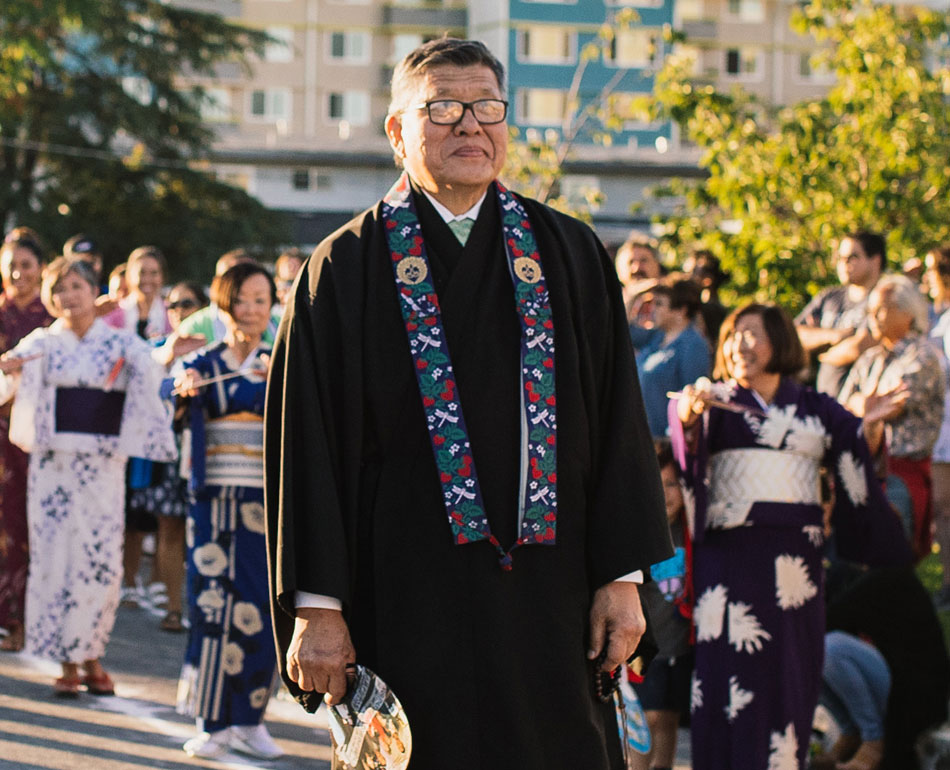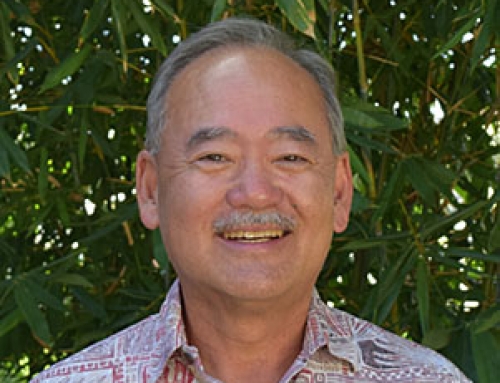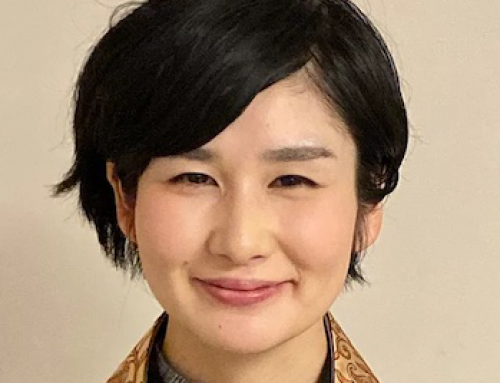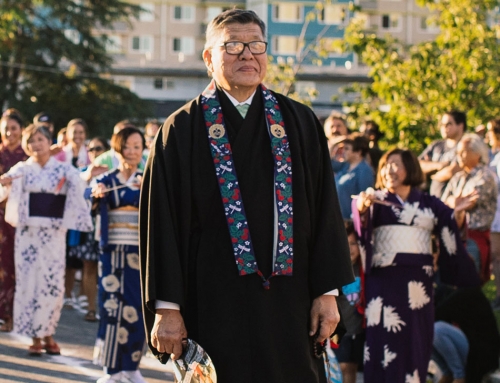“When foolish beings of delusion and defilement awaken shinjin,
They realize that birth-and-death is itself nirvana;
Without fail they reach the land of immeasurable light
And universally guide sentient beings to enlightenment.” CWS p72
This verse is from Shoshinge composed by Shinran and included in his major work, Kyogyoshinsho.
I’ve thought about and talked about this verse many times in the past few years. I’ve been reluctant to write about it because committing these thoughts to paper feels far more permanent than I feel comfortable with. My understanding may be deficient. Someone referring to it may end up with my misunderstanding. However, whatever the effects, here are my thoughts.
In the 70’s one of the Suzukis, either D.T. Suzuki or the lesser know Shunryo Suzuki, stated “this dirty earth is Pureland” which seemed profound. How is this place that Buddhism seems to point us away from being the very place at which we are to arrived. During Ohigan we hear about moving from this shore to the other shore. Shinran often uses the image of Amida’s Vow as the ship that carries us to the Pure Land. There are many examples of moving from here to there, from this shore to the other shore. This is the primary structure that influenced my understanding of what the Buddhadharma is trying to get me to experience as an unenlightened being seeking release. I have to move from unenlightenment to enlightenment. I am carried from this shore of birth-and-death to Pure Land. There is movement from one place to another. That basic structure of movement seems absent in Suzuki’s statement and the second line of Shinran’s verse.
When I first began thinking about Shinran’s verse it was the second line that drew my attention. The first line is often the focus because it references shinjin which is essential in Shinshu thought. However, regardless if I awaken shinjin or not the second line seems to stand on its own: birth-and-death is itself nirvana. If I awaken shinjin birth-and-death is nirvana. If I do not awaken shinjin birth-and-death is still nirvana. How can nirvana and birth-and-death be both the same and not the same unless it is related to how it is perceived, how I perceive it.
Jodo Shinshu is Buddhadharma. It has at its core, like all schools of Buddhism, the Four Noble Truths. This is the first thing Shakyamuni shared after his enlightenment:
Dukkha: we cause and experience difficulties
Tanha: dukkha results from our tendency to see the world through what I like and don’t like.
Nirvana: we do not need to continue to cause and experience difficulties
Eightfold Path: the means to cultivate the mind that is free of preferences
The intent of the Buddha is to help us realize the cause of difficulties and resolve those difficulties. The resolution of difficulties is the mind that sees things as they are; a mind free of prejudice. How I perceive nirvana causes my experience of nirvana to be as birth-and-death. To see the world and engage the world through my preferences, my likes and dislikes, I split the world offering opportunities for difficulties to arise. I am right, you are wrong. I am Buddhist, you are not. I am a Democrat you are Republican. The Eightfold Path leads to the softening of boundaries that separate. Easing the tensions that result from my preferences. It is not that we become dispassionate or uncaring. We realize that what separates us, we have created. To cultivate the mind that sees things as they are is to begin to see my own prejudices and preferences.
I experience nirvana as birth-and-death because of my preferences. As I am able to acknowledge this I can begin the cultivate the mind free of prejudice. Free of anger, greed ignorance. Cultivating the mind free from prejudice is to cultivate the mind that sees things as they are. Practicing the Eightfold Path is the means to resolve the difficulties we cause and experience. It is the practice that leads to enlightenment.
In Jodo Shinshu I realize the impossibility for me to cultivate, through the practices represented by the Eightfold Path, the mind that sees things as they are. However, Amida’s Vow assures me of the eventual resolution of difficulties. That assurance allows me to look more openly at my prejudices and begin to see things as they are.
The world has not changed. I am changed. Nirvana is still Nirvana.




